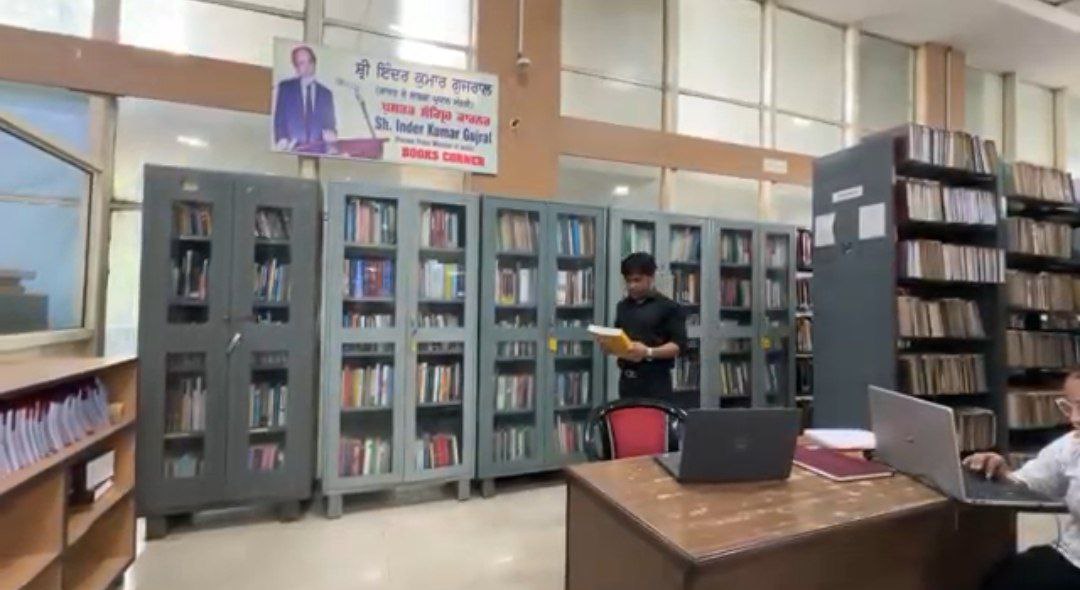Afghan students in India are grappling with growing uncertainty and bureaucratic challenges, citing the absence of consular services as a significant obstacle. Many report that there has been little to no support in addressing their visa issues, leaving them stranded and unable to return to Afghanistan or continue their studies uninterrupted.
These students, some of whom have been in India for years, are calling on the Indian government to resume the issuance of visas, which have been halted since the Taliban’s return to power in Afghanistan in 2021.
Ismatullah Ehsas, a 27-year-old graduate student studying civil engineering at Punjabi University in Patiala, dreams of returning home to see his family. However, the lack of consular services and the inability to secure a visa to return to Afghanistan has been one of his biggest challenges.
He urged Indian authorities to lift the restrictions that have been in place for nearly three years, following the suspension of flights and visa services for Afghan citizens, especially students.
“It’s been almost three years since the regime changed in Afghanistan, and with it, the embassy in New Delhi has limited its activities. Afghan students in India are facing serious challenges because of this,” Ehsas said. “One of the major issues is the inability to return to Afghanistan or to continue our studies without proper visa access. Many of us also face financial difficulties, compounding the problem. We ask the interim government to reopen the embassy in New Delhi to resolve these issues.”
Widespread challenges among Afghan students
The challenges Ehsas faces are echoed by many Afghan students across India. They have struggled without proper consular support, which has made it difficult to renew visas, manage finances, or travel home.
Shafiullah Saberi, a representative for Afghan students in India, noted that since the Taliban’s takeover, India has suspended flights for Afghan nationals, leaving both students in Afghanistan and those studying abroad in a state of limbo.
“Over three years have passed since India closed its flights to Afghan citizens, including students. Those still in Afghanistan are worried about their future, while those of us in India are dealing with psychological stress and uncertainty,” Saberi said. “We are deeply concerned about when flights will resume and when visa services will be restored so that we can resolve the current issues. We urge the Indian government to expedite the resumption of flights and visa issuance for Afghan students.”
The impact on doctoral research
Doctoral students, in particular, have been severely affected. Sayed Bahram Azizi, a Ph.D. candidate, explained that students like him, whose research focuses on Afghanistan, need to travel back and forth between the two countries to continue their studies. However, the one-way travel restrictions have made this impossible.
“Many of us, particularly those pursuing Ph.D. degrees, need to return to Afghanistan for research purposes, as our topics are related to the country. But unfortunately, the current travel restrictions mean we can’t return once we leave,” Azizi said. “We ask the authorities in power to take this issue seriously and work with the Afghan Embassy in New Delhi to find a solution.”
Embassy closure adds to uncertainty
The situation worsened in October last year when the Afghan Embassy in New Delhi announced it was suspending its operations due to a lack of support from the Indian government and the absence of what it called a “legitimate government” in Kabul.
For Afghan students in India, this has meant further delays in resolving visa and documentation issues, adding to their frustration and uncertainty about the future.





